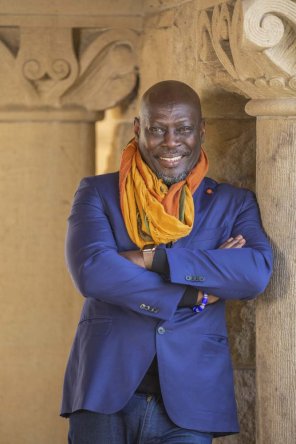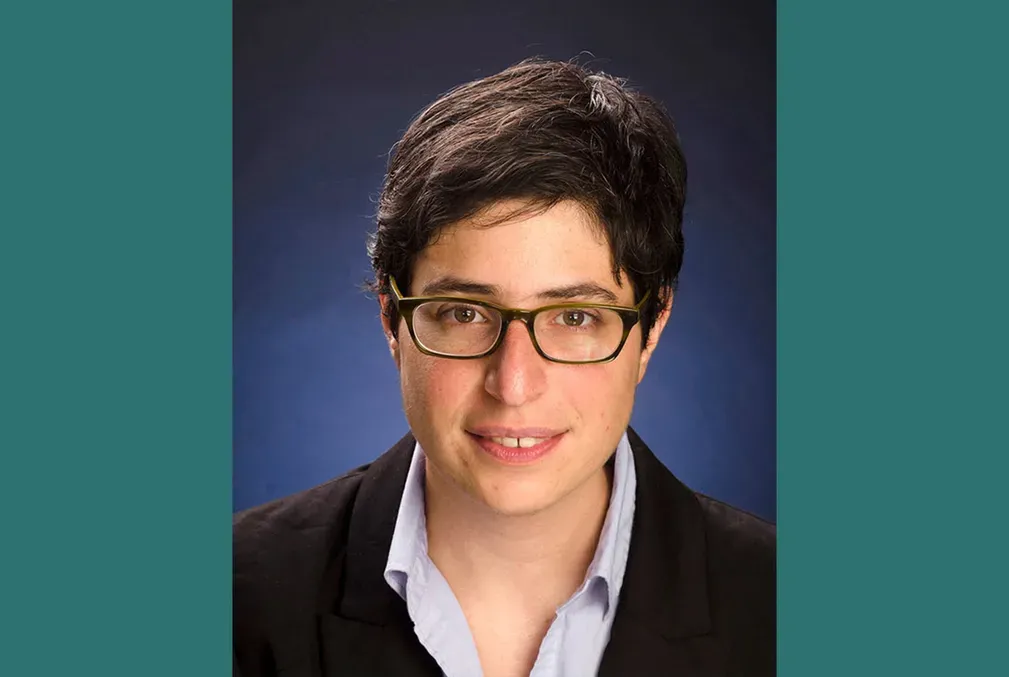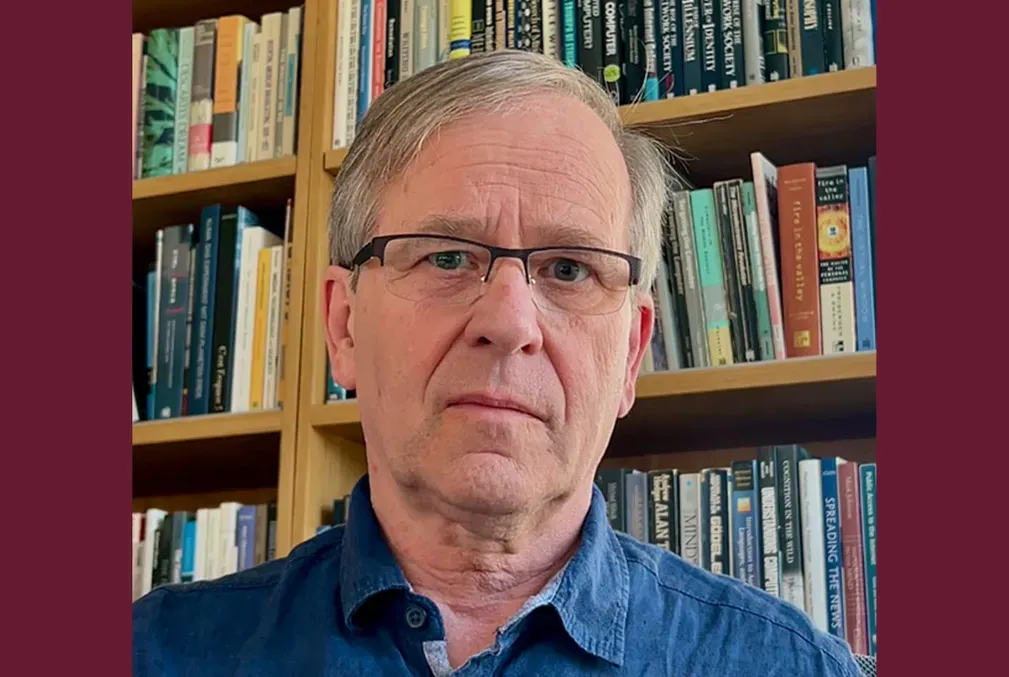Trustees set to approve creation of Department of African and African American Studies at fall meeting
Ato Quayson, whose research interests include African postcolonial literature, modern diaspora studies, and urban studies, will become chair of the new department when it officially opens in January 2024.
The Board of Trustees is expected this fall to approve the creation of a department of African and African American studies.
“Stanford has made real strides in attracting and retaining a stellar group of scholars whose work focuses on African American and African history, art, religion, and literature, and the new department will build on their strengths,” said Debra Satz, the Vernon R. and Lysbeth Warren Anderson Dean of the School of Humanities and Sciences. While the department may expand its scope in the future to encompass some scholars in the social sciences, she added, it will begin with research and teaching focused in the humanities and arts.
The department will officially open in January 2024. Ato Quayson, the Jean G. and Morris M. Doyle Professor in Interdisciplinary Studies and chair of the Department of English in the School of Humanities and Sciences, will serve as its inaugural chair.
For more than 50 years, the university has maintained a Program in African and African American Studies, initially called the Program in African and Afro-American Studies. Its first director was the sociologist and anthropologist John Gibbs St. Clair Drake. In 2020, a groundswell of student and faculty support for the departmentalization of AAAS followed in the wake of the killing of George Floyd. In 2021, a task force convened by Provost Persis Drell and Satz recommended the creation of a department.
As a department, AAAS will be able to hire and appoint faculty members. Several current faculty members have already agreed to joint appointments in the department, which will begin the search to fill two new faculty positions this fall. Over the next decade, the plan is to bring the department roster up to the equivalent of about 13 full-time faculty positions.
Quayson has been a key architect of the proposed department. He chaired the committee that issued a report with recommendations for its funding, staffing, faculty hiring, curriculum, and major and minor requirements.
“I’m delighted that Ato has agreed to chair this new department,” Satz said. “He has been an excellent chair and advocate for the English Department, and the knowledge he has acquired directing and building up academic centers at the University of Toronto and University of Cambridge lends itself to the needs of a newly minted academic department. Ato is an incredibly accomplished scholar, a public goods creator, and a visionary.”
Quayson said he is honored to be leading the new enterprise and hopes that it will have a significant impact on the intellectual and cultural life of the university. He envisions the department as “a hub for understanding America in a new way,” noting that “American” in the department’s title is meant to refer not just to the United States but to North America, Central America, South America, and the Caribbean. He also said he would encourage students and scholars in the department to consider studying the African diaspora in other parts of the world—“Black Paris, Black Berlin, the Black diaspora in Italy.”
“I want AAAS to become a hub for fresh ideas,” he said. “I want to cultivate an intellectual environment that is expansive and variegated.”
He pointed to his recent book, Tragedy and Postcolonial Literature (Cambridge University Press, 2021), as an example of the kind of capacious, comparativist scholarship he hopes can flourish in the department. In that book, Quayson traces tragedy from the ancient Greeks to the present day, touching on the work of Aristotle, Shakespeare, Toni Morrison, Samuel Beckett, J.M. Coetzee, and Chinua Achebe, among many other writers.
“In my scholarly work, I try to accommodate many different perspectives, and I plan to lead the department in the same way,” he said. “I want to create an environment in which everyone feels a sense of place and belonging is possible. You could be Greek. You could be Korean. You could be Latinx. Of course, its natural constituency will be Black folk. But I want the place to be crafted in such a way that everyone can feel an identification with its academic purpose.”
From Cambridge to Stanford
Quayson joined the Stanford faculty in 2019. Previously, he was on the faculty at New York University and at the University of Toronto, where he also served as founding director of the Centre for Diaspora and Transnational Studies. From 1995 to 2005, he taught literature at the University of Cambridge, where he earned tenure and served as director of the Centre of African Studies.
Quayson has written six monographs, including the award-winning Oxford Street, Accra: City Life and the Itineraries of Transnationalism (Duke University Press, 2014) and Tragedy and Postcolonial Literature, which was the recipient of the 2021 Robert Penn Warren-Cleanth Brooks Award for literary scholarship and criticism. He has edited or co-edited eight collections and is co-editing two collections set for publication this year: The City in World Literature, with Jini Kim Watson (Cambridge University Press, 2023), and Decolonizing the English Literary Curriculum, with Ankhi Mukherjee (Cambridge University Press, 2023). Since coming to Stanford, he has taught courses on urban studies, African literature, postcolonial tragedy, and the works of Toni Morrison. In the winter quarter, he co-taught a graduate course on philosophy and literature with R. Lanier Anderson, the J. E. Wallace Sterling Professor in the Humanities and professor of philosophy. Quayson believes firmly in interdisciplinary collaboration across a wide range of interests.




